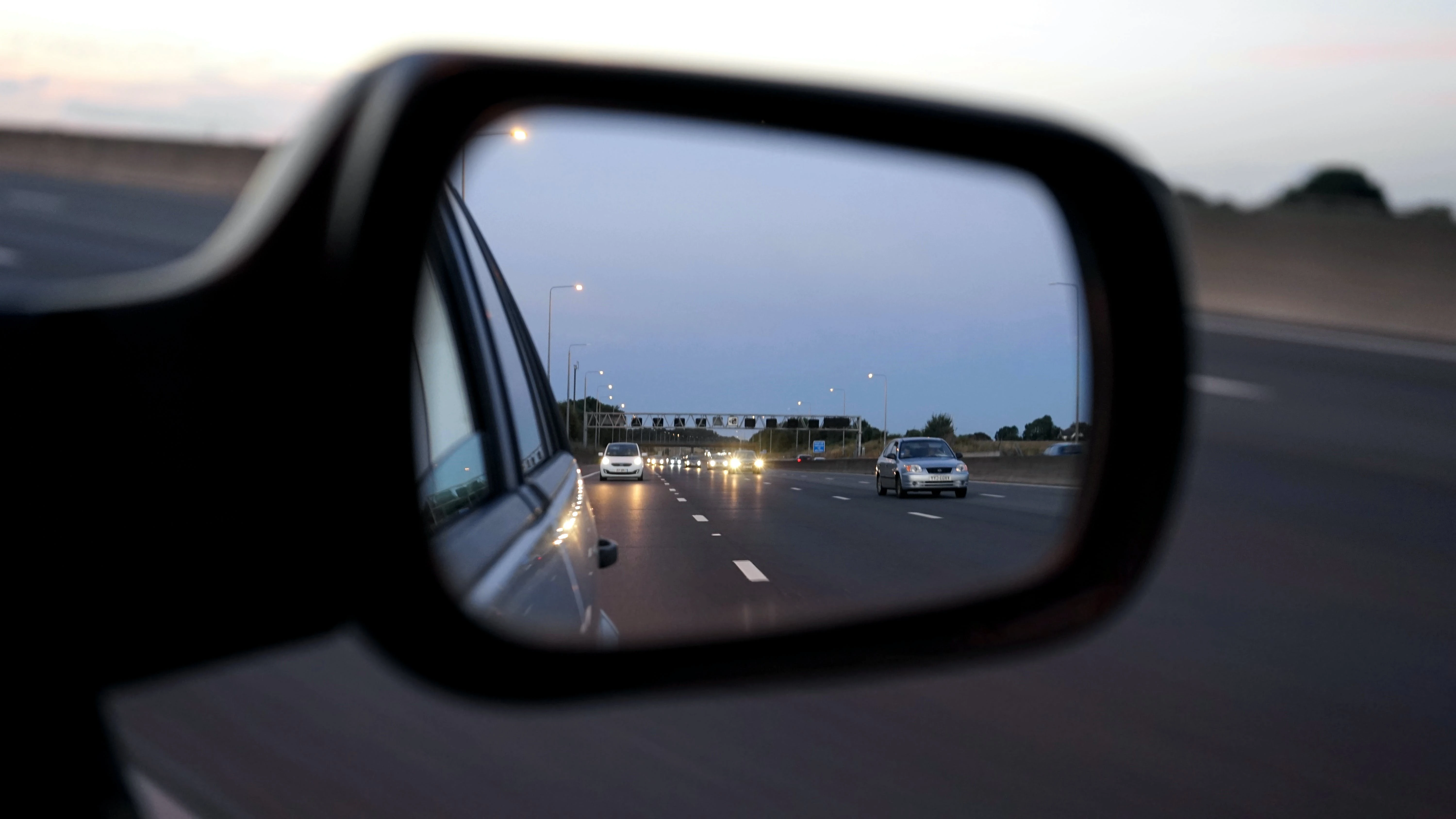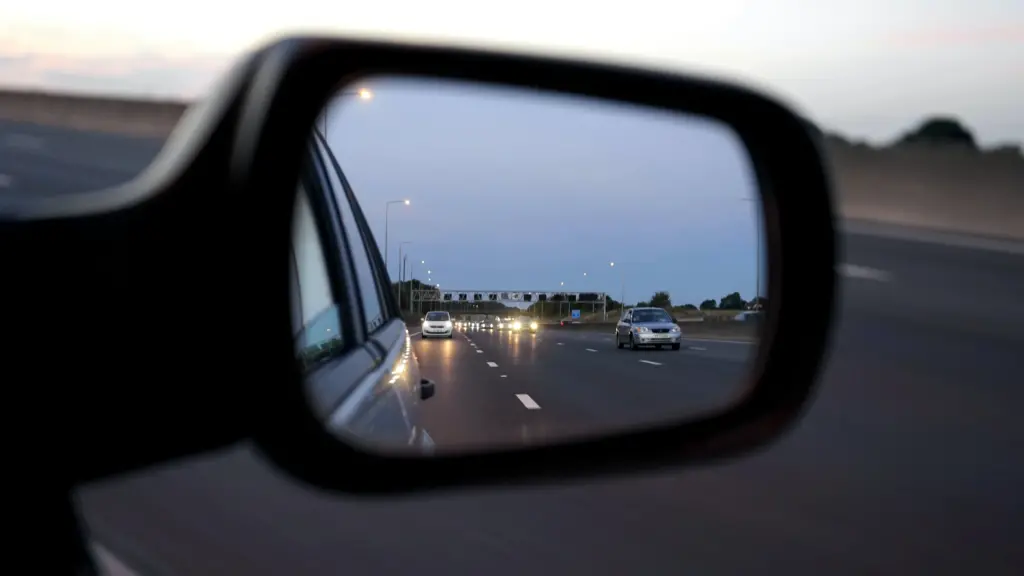Generated by Contentify AI

When it comes to maintaining and repairing automobiles, the use of aftermarket glass is a popular and cost-effective alternative to original manufacturer glass. However, while aftermarket glass may offer a more affordable option for vehicle owners, it is crucial to consider the potential risks associated with its use. From compromised safety to poor quality, the decision to opt for aftermarket glass should be carefully evaluated to ensure the overall well-being of the vehicle and its occupants.
One of the most significant risks of using aftermarket glass for automobiles is the potential compromise of safety features. Original manufacturer glass is designed and tested to meet specific safety standards, ensuring that it provides optimal protection in the event of a collision or impact. Aftermarket glass, on the other hand, may not undergo the same rigorous testing and certification processes, leading to potential weaknesses in its structural integrity. This can significantly impact the overall safety of the vehicle, putting the driver and passengers at risk.
In addition to safety concerns, the quality of aftermarket glass may also be questionable. As aftermarket glass is often produced by third-party manufacturers, there may be variations in terms of material quality, fit, and finish. This can result in issues such as poor visibility, increased susceptibility to damage, and difficulty in installation. Ultimately, the use of low-quality aftermarket glass can lead to additional expenses and safety hazards, negating any initial cost savings.
In conclusion, while aftermarket glass may seem like a viable option for automobile owners seeking cost-effective solutions, the potential risks associated with its use cannot be overlooked. From compromised safety to inferior quality, the decision to opt for aftermarket glass should be made with caution and thorough consideration of the long-term implications. Prioritizing the safety and integrity of the vehicle by investing in original manufacturer glass may ultimately prove to be a more prudent choice in the pursuit of optimal performance and protection.

